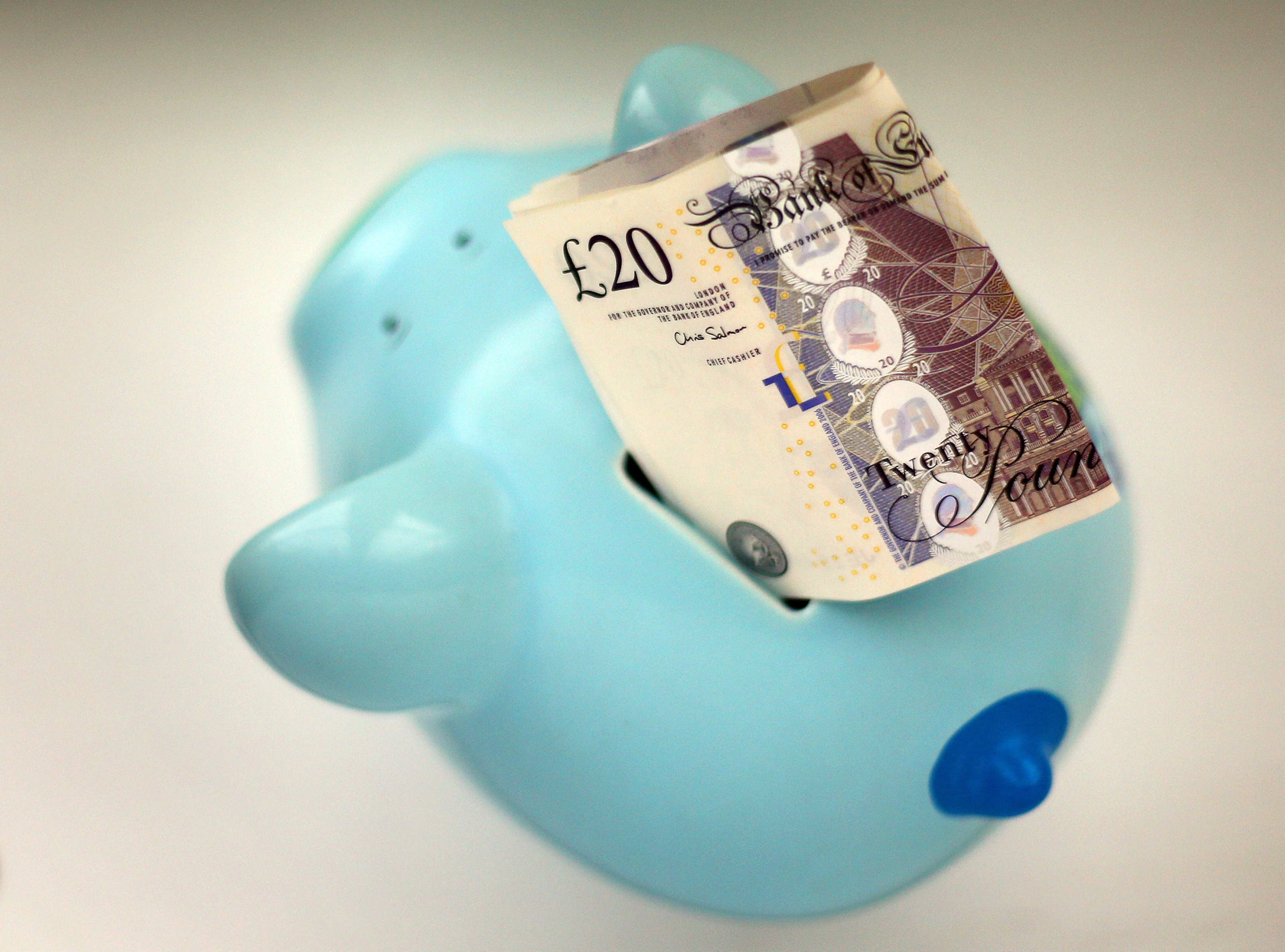Three in 10 savers do not have enough to cover three months of spending – survey
Which? found one in four people have less than £1,000 put by.

Three in 10 (30%) people do not have enough savings to cover three months’ worth of essential spending in an emergency, according to a survey.
Whic ? found one in four (24%) people said they have less than £1,000 in savings, while one in 10 (10%) have between £5,001 and £10,000.
Just over two-fifths (42%) of people surveyed said they are not saving for a particular reason.
One in seven (15%) are saving for retirement income, with customers of Yorkshire Building Society, NS&I, Marcus and Coventry Building Society twice as likely to say this compared to the average across all providers.
Consumer group Which? released the findings of its survey of 4,800 savings account holders as it named Marcus by Goldman Sachs and Coventry Building Society as its “recommended providers” due to their high customer and product scores.
Product scores are based on statistical analysis by Which? and take into account factors including providers’ interest rates, conditions to access money and whether there is a high minimum investment.
For anyone not happy with their provider, it may be worth doing some research and switching to a better option
Marcus by Goldman Sachs received five stars for its application process, clarity of statements and online banking service.
Monzo Bank and First Direct received the highest customer scores of all providers in the research – but Which? said they had missed out on recommended provider status due to the interest rates they offered.
HSBC, Clydesdale Bank Royal Bank of Scotland and Sainsbury’s Bank received relatively low customer scores below 50%, Which? said.
Gareth Shaw, head of Which? Money, said: “Savers shouldn’t put up with below-average rates or customer service. For anyone not happy with their provider, it may be worth doing some research and switching to a better option.”
Here are savings providers’ customer scores followed by their product scores, according to Which?
Monzo, 73%, 65%
First Direct, 70%, 64%
Marcus by Goldman Sachs, 68%, 76%
Coventry Building Society, 66%, 84%
Nationwide Building Society, 65%, 75%
Principality Building Society, 65%, 66%
Paragon Bank, 64%, 68%
Aldermore Bank, 63%, 51%
Atom Bank 62%, 75%
Yorkshire Building Society, 62%, 66%
Metro Bank, 60%, 84%
Skipton Building Society, 60%, 60%
Leeds Building Society, 58%, 51%
Co-operative Bank, 56%, 78%
Lloyds Bank, 55%, 78%
NatWest, 55%, 74%
Santander, 55%, 78%
Bank of Scotland, 55%, 78%
Halifax, 54%, 78%
Barclays, 54%, 93%
TSB, 52%, 74%
Post Office Money, 52%, 64%
Britannia (part of Co-operative Bank), 51%, 78%
NS&I, 51%, 67%
Virgin Money, 50%, 71%
Sainsbury’s Bank, 49%, 56%
Royal Bank of Scotland, 49%, 74%
Clydesdale Bank (part of Virgin Money), 46%, 71%
HSBC, 46%, 84%.
Bookmark popover
Removed from bookmarks